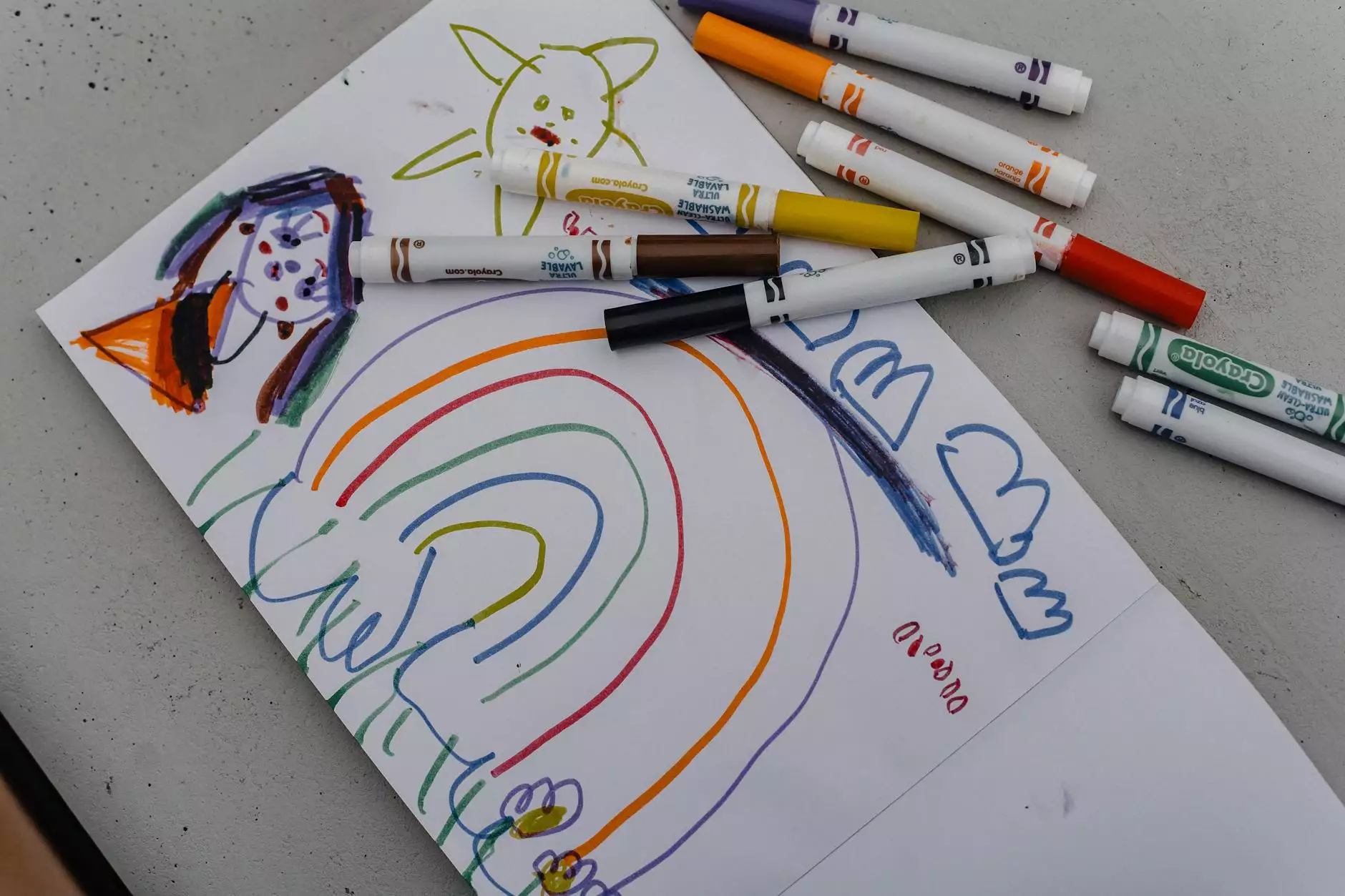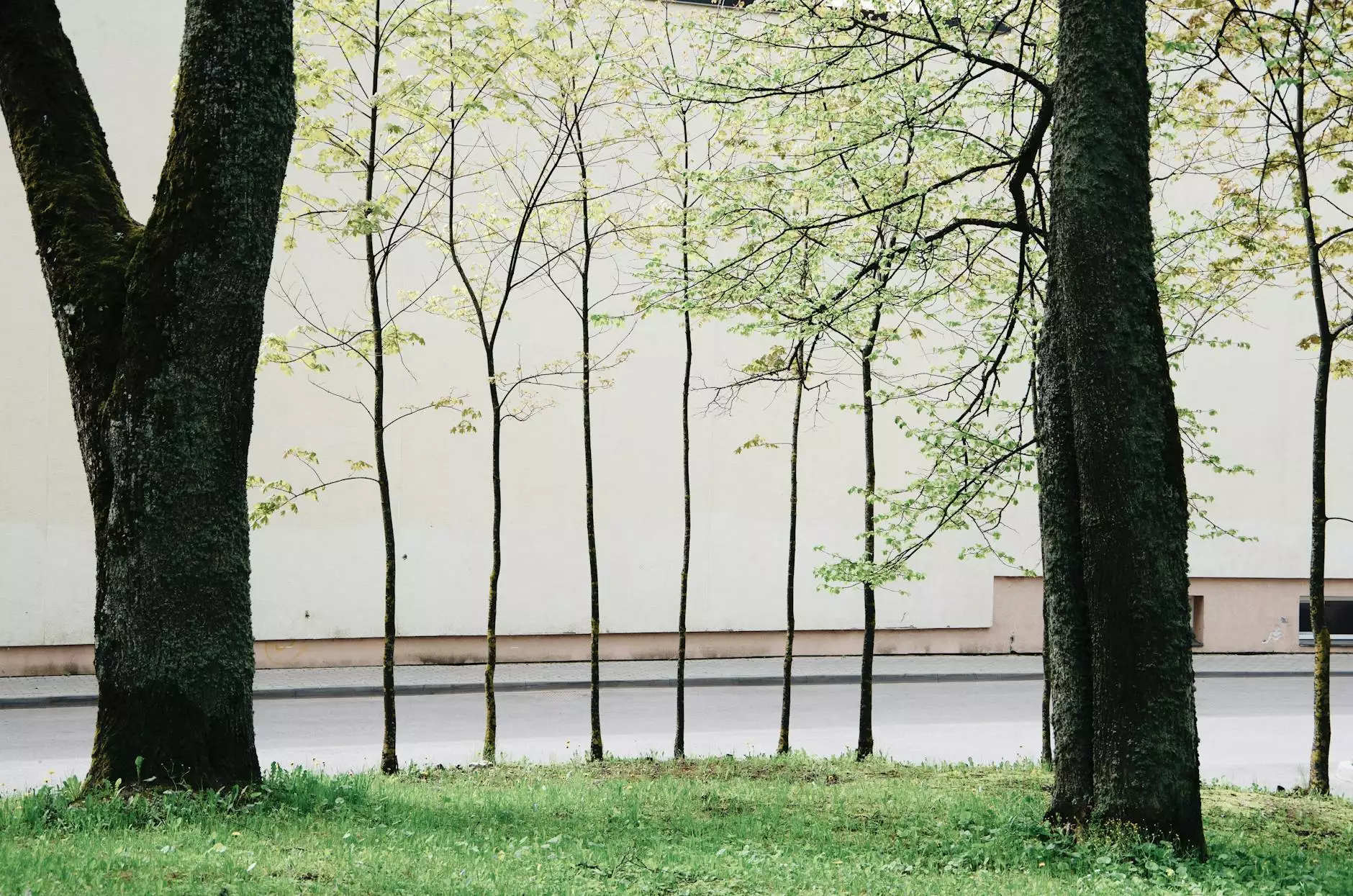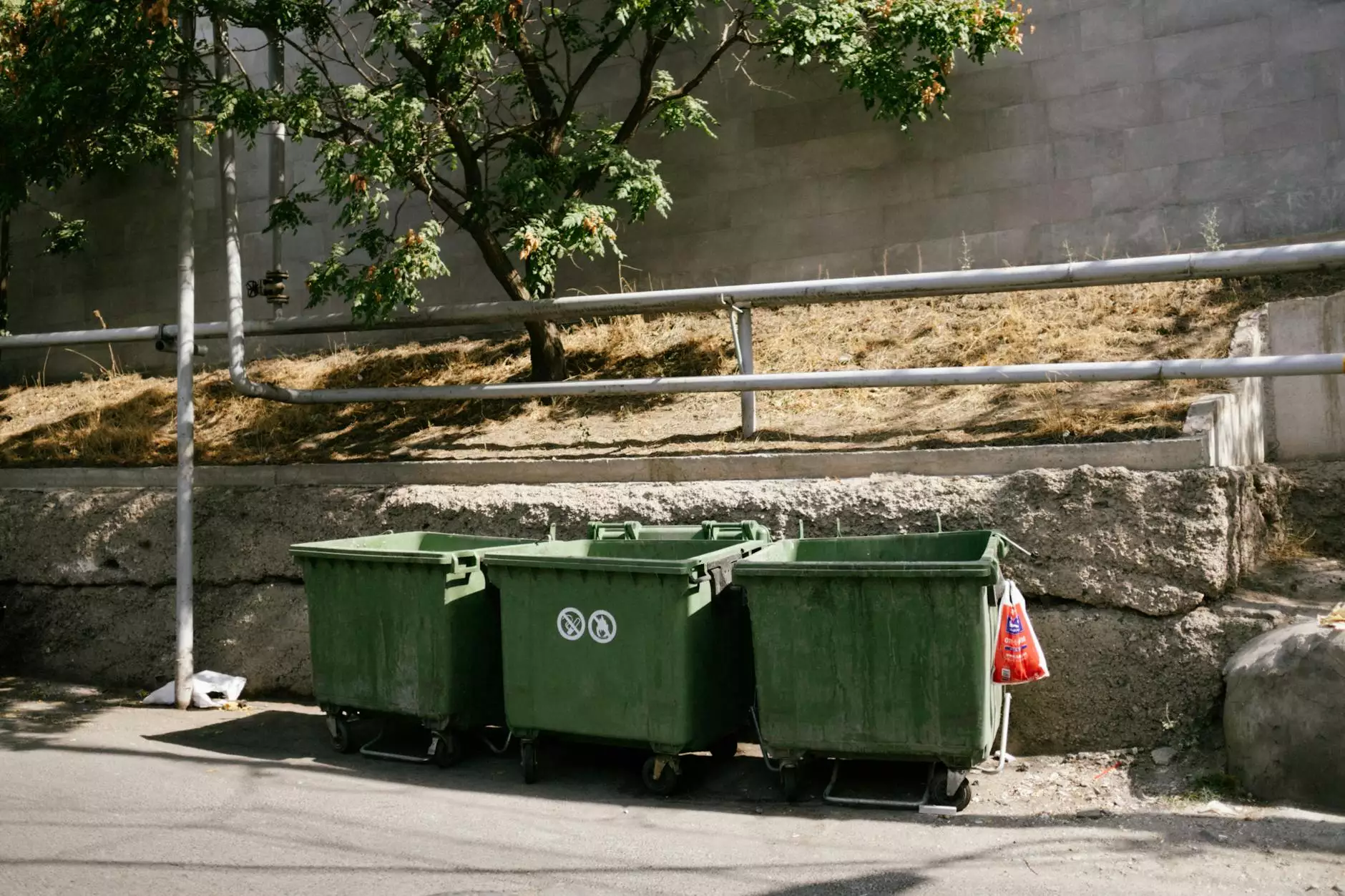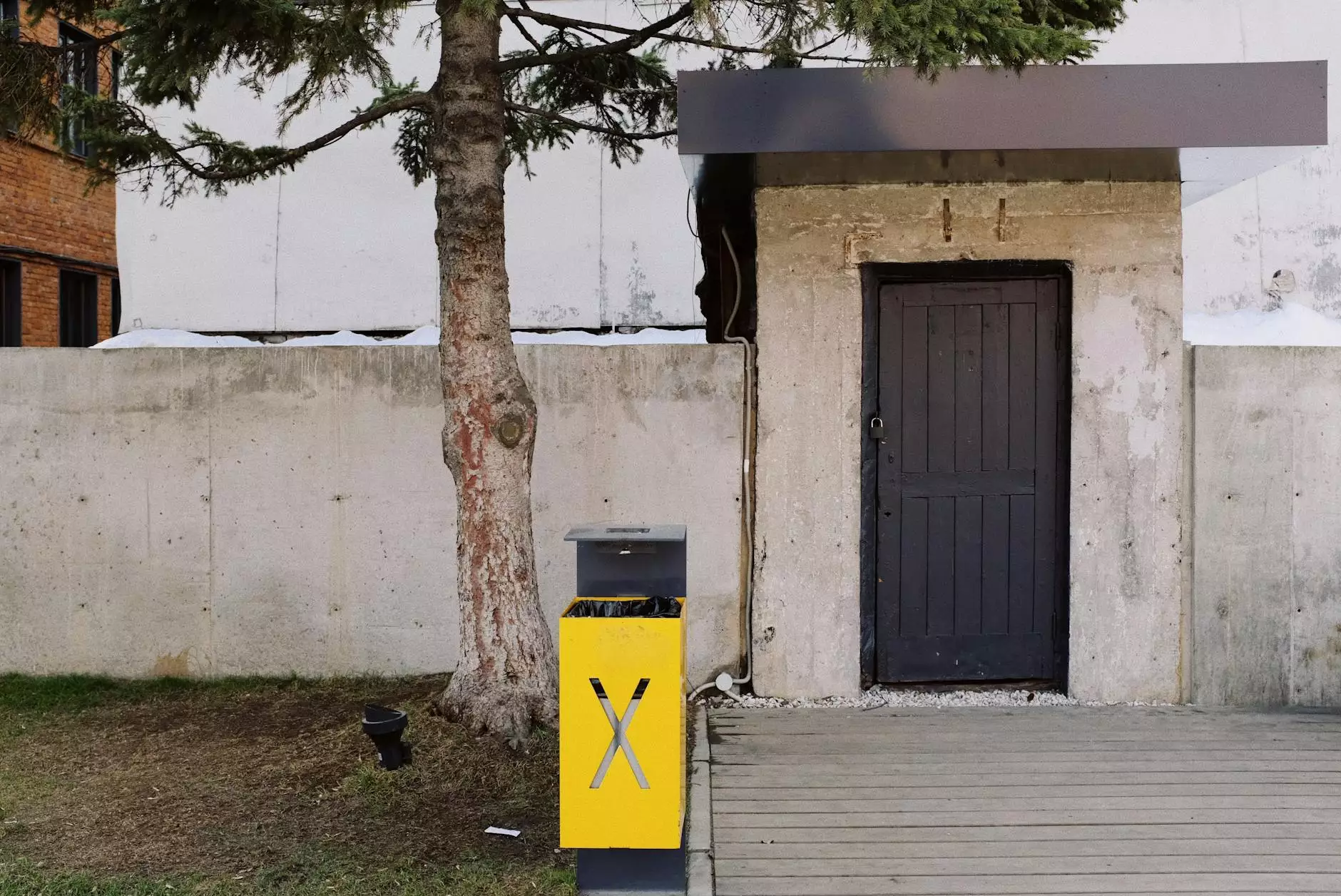From Plates to Plants: The Art and Science of Composting

Introduction
Composting is an ancient practice that has gained significant popularity in recent years due to its numerous environmental benefits. At Chirag International, we believe in the power and potential of composting to transform waste into a valuable resource for both plants and the planet. In this article, we will delve into the art and science behind composting, explaining how it works, its advantages, and how it can be implemented.
Understanding Composting
Composting is a natural process of decomposing organic materials such as food scraps, yard waste, and other biodegradable substances. When combined in the right ratios, these materials break down over time, resulting in a nutrient-rich substance called compost. Composting mimics nature's recycling system, where organic matter is broken down by microorganisms, insects, and worms, returning essential nutrients to the soil.
Benefits of Composting
1. Enriches Soil
Compost is a powerhouse of nutrients, providing plants with a rich source of organic matter, minerals, and beneficial microorganisms. By incorporating compost into the soil, you can enhance its fertility, structure, and water-holding capacity, creating a thriving environment for plant growth.
2. Reduces Waste
The art of composting allows us to divert a significant portion of organic waste from landfills. Instead of contributing to methane emissions and the depletion of limited landfill space, composting helps recycle organic matter, reducing greenhouse gas emissions and promoting sustainable waste management.
3. Improves Plant Health
Compost acts as a natural soil conditioner, helping plants resist diseases, pests, and extreme weather conditions. Its ability to improve soil structure facilitates root growth, nutrient absorption, and water infiltration, resulting in healthier and more resilient plants.
4. Promotes Environmental Sustainability
By adopting composting practices, we contribute to the conservation of natural resources and the reduction of chemical fertilizers and pesticides in agriculture. Composting is a key component of sustainable agriculture, offering an environmentally friendly alternative to synthetic inputs.
Getting Started with Composting
Now that you understand the benefits, let's explore how you can start composting in your own backyard:
1. Choosing a Composting Method
There are various composting methods to suit different preferences and available space. Some popular options include:
- Backyard composting bins
- Vermicomposting (using worms)
- Trench composting
- Composting in enclosed systems
2. Collecting Compostable Materials
To create high-quality compost, it's essential to have a balanced mix of organic materials. The key is to maintain a proper balance between "greens" (nitrogen-rich materials like kitchen scraps and grass clippings) and "browns" (carbon-rich materials like dried leaves and wood chips).
3. Managing the Composting Process
To ensure a successful composting process, certain factors need to be managed:
- Monitoring temperature and moisture levels
- Turning or aerating the compost heap regularly
- Avoiding the inclusion of meat, dairy, and oily food waste
- Using a compost activator to accelerate decomposition
4. Harvesting and Using Compost
Patience is key when it comes to composting. The process typically takes several months to a year, depending on the method and conditions. Once the compost is dark, crumbly, and earthy-smelling, it's ready to be harvested and used to enrich your soil.
Conclusion
Composting is an invaluable tool in sustainable farming and gardening practices. At Chirag International, we encourage individuals and businesses to embrace the art and science of composting to contribute to a greener and healthier future. Start your composting journey today and witness the transformative power of turning waste into a valuable resource for plants and the environment.
This article is filed under: Business and Consumer Services - Marketing and Advertising










